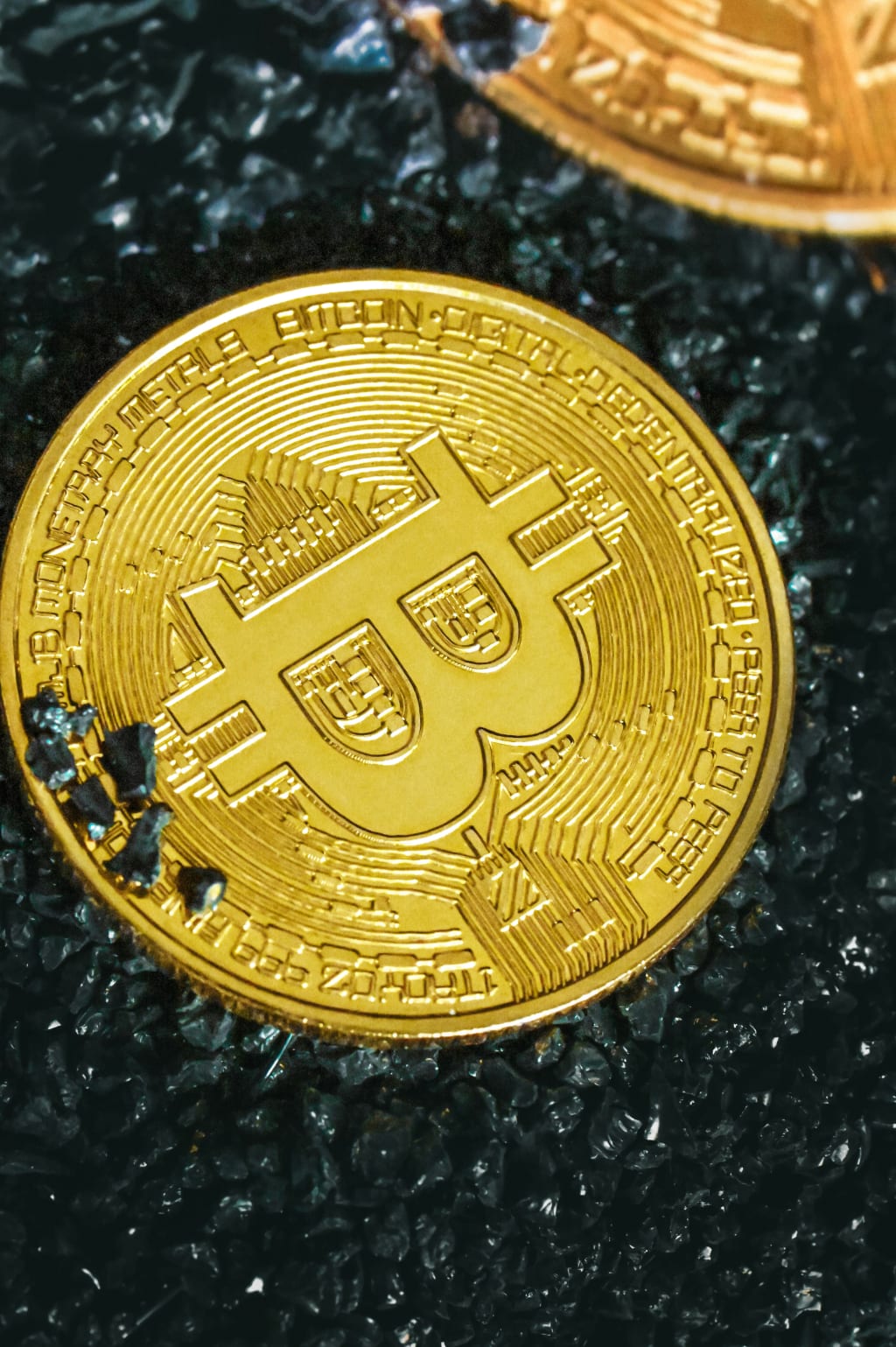
Surge in Crypto License Applications in Turkey Signals Growing Interest
Table of Contents
Turkey's cryptocurrency market is witnessing a remarkable surge in interest as the number of license applications from crypto exchanges has skyrocketed. The Capital Markets Board of Turkey (CMB) has reported an increase in applicants from 47 to 76, with leading global exchanges like Coinbase, KuCoin, and Gate.io among the notable names in the race for regulatory approval. This significant rise in applications comes on the heels of Turkey's recent push to provide more regulatory clarity for crypto exchanges and their service providers, reflecting a broader global trend towards embracing digital assets.
The Regulatory Push: A New Dawn for Turkey's Crypto Industry
The Turkish government, through the CMB, has been actively updating its guidelines to ensure that cryptocurrency exchanges operate within a clear and regulated framework. These updates are part of a broader effort to align the country's financial market regulations with the growing demand for digital assets. The CMB's guidelines are grounded in Capital Markets Law No. 6362, which serves as the foundation for informing the public about organizations that have declared their intention to comply with the law.
This regulatory clarity has been a key factor in the surge of license applications, as it provides a stable environment for exchanges to operate. In a market as volatile as cryptocurrency, the assurance that comes with regulation is crucial for both investors and service providers. By seeking licenses, exchanges are not only showing their commitment to operating legally within Turkey but also their confidence in the market's potential.
Turkey's Cryptocurrency Market: A Hub of Growing Activity
Turkey has long been a hotspot for cryptocurrency activity, driven by a combination of factors including economic uncertainty, high inflation, and a young, tech-savvy population. The country's economic challenges have led many to seek alternative forms of investment, with cryptocurrencies offering a hedge against the devaluation of the Turkish lira. As a result, Turkey ranks among the top countries globally in terms of cryptocurrency adoption.
The government's proactive approach to regulation is seen as a way to harness this interest while protecting investors. The increase in license applications indicates that major global players view Turkey as a key market for expansion. With exchanges like Coinbase and KuCoin expressing interest, it’s clear that Turkey is becoming a critical hub in the global cryptocurrency landscape.
Global Trends: The Growing Appeal of Cryptocurrencies
Turkey's regulatory advancements are part of a broader global trend, as many countries are increasingly turning towards cryptocurrencies amid growing economic concerns and frustration with traditional financial systems. This shift is particularly evident in regions where economic instability, inflation, and a lack of trust in fiat currencies are prevalent.
Economic Instability and the Rise of Crypto
In countries like Argentina and Venezuela, where hyperinflation has severely devalued local currencies, cryptocurrencies have become a viable alternative for preserving wealth. Similarly, in Nigeria, where there are strict controls on foreign currency transactions, Bitcoin and other digital assets offer a way to bypass these restrictions. The appeal of cryptocurrencies in these contexts lies in their decentralized nature, which provides a level of financial autonomy that is not dependent on government policies or the stability of national currencies.
Turkey's economic situation, marked by persistent inflation and currency devaluation, mirrors these global trends. As the Turkish lira continues to struggle, cryptocurrencies offer a refuge for those looking to protect their assets from further erosion. The increasing number of license applications from crypto exchanges can be seen as a response to this growing demand for alternative financial solutions.
Regulatory Developments Across the Globe
As more people turn to cryptocurrencies, governments worldwide are grappling with how to regulate this burgeoning market. In the European Union, the Markets in Crypto-Assets (MiCA) regulation aims to create a comprehensive regulatory framework for digital assets, ensuring consumer protection while fostering innovation. Similarly, the United States has seen increasing efforts to regulate the crypto industry, with debates around the classification of cryptocurrencies and the role of regulatory bodies like the Securities and Exchange Commission (SEC).
In Asia, countries like Singapore and Japan have taken proactive steps to regulate the crypto market. Singapore's Payment Services Act, for instance, requires crypto exchanges to be licensed and adhere to anti-money laundering (AML) and counter-terrorist financing (CTF) regulations. Japan, one of the earliest adopters of crypto regulation, has established a clear legal framework for exchanges, which has helped foster a robust crypto ecosystem.
Turkey's recent regulatory efforts align with these global trends, positioning the country as a forward-thinking player in the crypto space. By providing a clear and supportive regulatory environment, Turkey is attracting significant interest from global exchanges, which view the country as a critical market for growth.
The Road Ahead for Turkey's Crypto Market
The surge in license applications reflects a broader confidence in Turkey's cryptocurrency market. With regulatory clarity and a growing demand for digital assets, Turkey is poised to become a major player in the global crypto ecosystem. As exchanges like Coinbase, KuCoin, and Gate.io vie for a foothold in the market, the Turkish crypto landscape is set for significant growth, offering new opportunities for investors and service providers alike.
As Turkey continues to refine its regulatory approach, it will be interesting to see how the market evolves and how it will influence the broader global trends in cryptocurrency adoption and regulation. The rising interest in licenses is just the beginning of what could be a transformative period for Turkey's financial landscape.

Olivia Taylor is a content creator with a keen interest in emerging technologies, especially cryptocurrencies and NFTs. She simplifies new developments in the crypto world for enthusiasts and investors, providing them with reliable information to navigate this volatile market.

